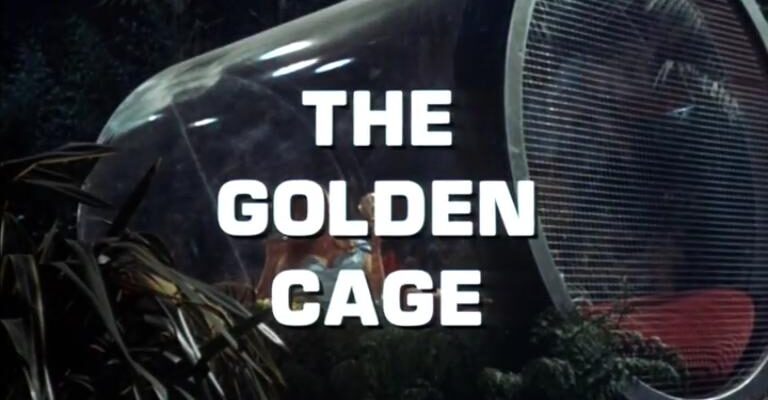In the glitzy world of modern football, where transfer fees routinely soar past €100 million and star players command astronomical salaries, a silent alarm is being sounded from within the sport`s most established institutions. While the spectacle on the pitch grows ever more dazzling, an undercurrent of concern regarding financial sustainability is gathering momentum. It`s a paradox: the game has never been richer, yet its economic foundations are increasingly described as precarious.
The Drumbeat of Unsustainability: Rummenigge`s Warning
Among the prominent voices raising this alarm is Karl-Heinz Rummenigge, the astute former CEO and current board member of German giant Bayern Munich. A man whose career has seen the evolution of football from regional powerhouses to global brands, Rummenigge recently painted a stark picture of European football`s trajectory. His message is unequivocal: the current trajectory of ever-increasing wage bills and transfer market outlays is “not a serious way of working.”
Rummenigge’s observations aren`t mere lamentations; they highlight a fundamental shift in competitive dynamics. He notes that clubs like Bayern, despite their perennial success and robust financial management, are increasingly struggling to match the sheer spending power emanating from England`s Premier League. This isn`t just about vying for top talent; it`s about the very economic ecosystem.
The Premier League Enigma: Billions vs. Balance Sheets
The Premier League, globally recognized for its competitive intensity and commercial prowess, is also identified as the primary accelerant of this financial arms race. Rummenigge points directly to the ownership structures: “In England, clubs belong to multi-billionaires or even states, such as Saudi Arabia and Qatar.” This influx of virtually limitless capital, often decoupled from traditional football revenues, creates an uneven playing field. How does a club relying on matchday income, sponsorships, and careful financial planning compete with an entity whose owner can simply write a cheque for tens or hundreds of millions without batting an eyelid? It’s less a competition of business models and more a contest of balance sheet depths.
This creates a peculiar situation. The Premier League`s success fuels its spending, which in turn drives up prices for players and agents across the continent. Even clubs not directly competing with Premier League behemoths feel the ripple effect, forced to pay more to retain their own talent or risk losing them to financially superior suitors. It`s a rising tide, but one that threatens to capsize smaller, more prudently managed vessels.
The Proposed Antidote: Stricter Financial Fair Play
To counter this looming crisis, Rummenigge advocates for a pragmatic, yet challenging, solution: a drastic tightening of financial regulations. Specifically, he proposes reducing the existing spending cap – the percentage of revenue a club can allocate to salaries and transfers – from 70% to a more conservative 60%, or ideally, even 55%. “Football cannot be the only industry in the world that systematically loses money,” he argues, with an undeniable logic that often seems to elude the sport`s high-stakes transfer dealings.
This isn`t merely about limiting ambition; it`s about fostering genuine sustainability. The current iteration of Financial Fair Play (FFP), while laudable in its intent, has often been criticized as having too many loopholes or being insufficiently enforced to curb the excesses of the super-rich. Rummenigge’s call is for a stricter, more universally applicable framework that truly prioritizes fiscal health over unchecked spending.
Beyond the Balance Sheet: A Call for Collective Responsibility
Ultimately, Rummenigge emphasizes that this challenge transcends individual clubs or leagues. It requires a collective awakening. He envisages a scenario where clubs, players, and agents – the three pillars of the football economy – engage in a serious dialogue about the sport`s future. The current “always more” mentality, where the solution to financial woes is often perceived as simply creating “new competitions or expanding the calendar,” is, in his view, fundamentally unsustainable.
Perhaps the greatest irony is that the very pursuit of limitless wealth risks undermining the competitive spirit and financial stability that makes the “beautiful game” so compelling. Without a shared commitment to a more responsible financial model, European football might find itself in a golden cage, glittering on the outside but hollow within. The ball, it seems, is now in the court of its custodians to decide whether to continue the race to the bottom or collectively build a more sustainable future.









